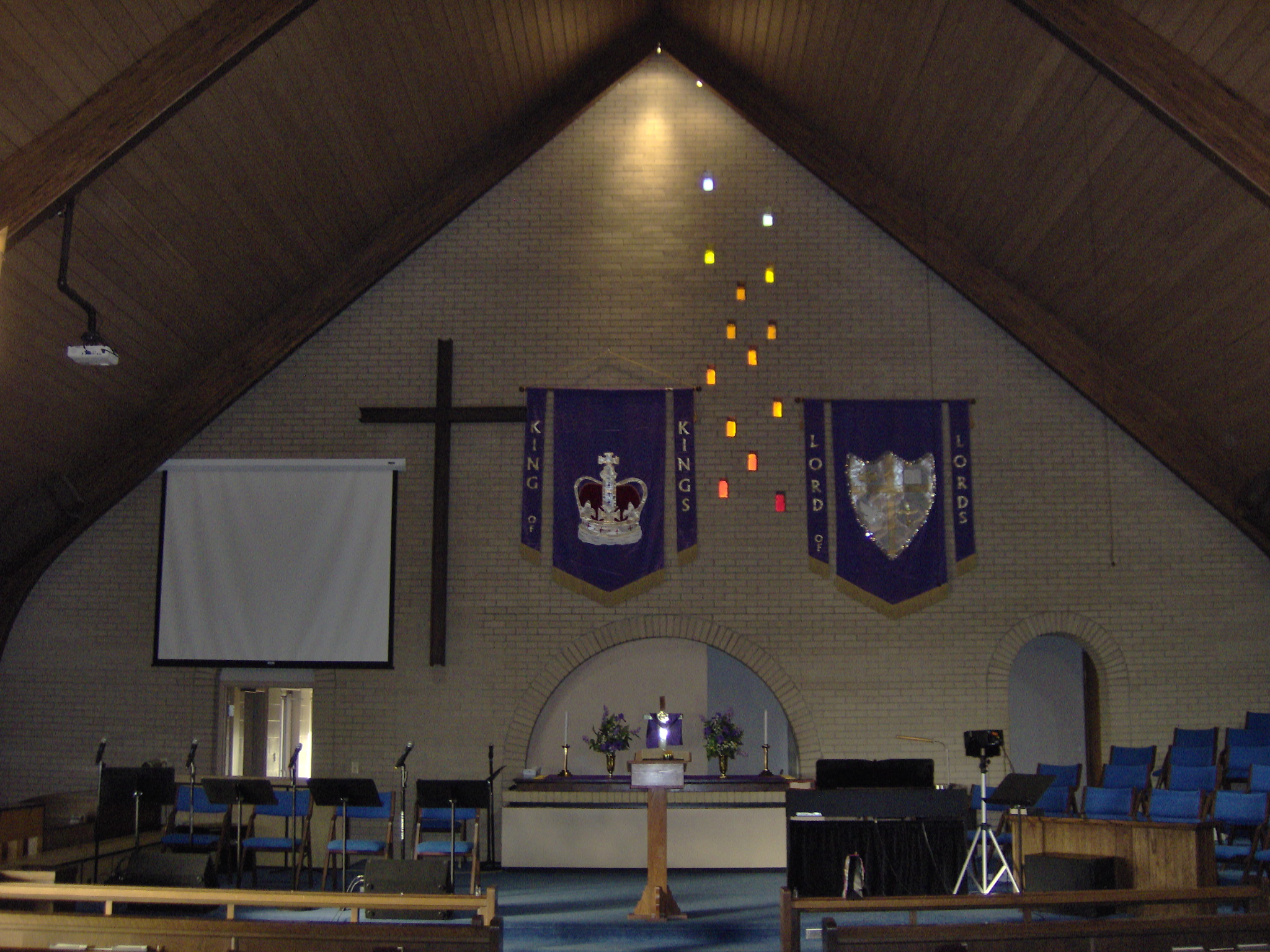The Plague of Confusion and Chaos
Revelation 11:1-14
In the book “Life in a Time of Pestilence: The Great Castilian Plague of 1596-1601 by Ruth MacKay, it showed how the people of Spain lived in the time of a pandemic.
From the Middle Ages onwards, deadly epidemics swept through portions of Spain repeatedly, but the Castilian Plague at the end of the sixteenth century was especially terrible. In late 1596, a ship carrying the plague docked in Santander, and over the next five years the disease killed some 500,000 people in Castile, around 10 percent of the population. Plague is traditionally understood to have triggered chaos and madness. By contrast, Ruth Mackay focuses on the sites of everyday life, exploring how beliefs, practices, laws, and relationships endured even under the onslaught of disease. She takes an original and holistic approach to understanding the impact of plague, and explores how the epidemic was understood and managed by everyday people. Offering a fresh perspective on the social, political, and economic history of Spain, this original and engaging book demonstrates how, even in the midst of chaos, life carried on.[1]
We are in a time of worldwide chaos and confusion. As I was thinking about this this past week, I began to wonder, what does this mean for the church?
Dr. Marie Strong in her book “A Common Sense Approach to the Book of Revelation” is widely considered today to be an excellent choice to help people understand to Book of Revelation. She was also an instructor of Christian Hermeneutics at Anderson University. The reason why I wanted to use this book was because Jesus was leading me to a passage of Scripture that seemed to conjoin to what we are going through with this Covid-19 pandemic. (Revelation 11:1-14)
Areas that need defined:
- The woes are interrupted by the appearance of a strong angel with a scroll that he asks John to eat. It seemed sweet but turned bitter in his stomach.
- Like in Ezekiel 3:1,14, there was much bitterness in proclaiming a message of doom. There is a transition of comfort going into chapter 11 changes into some disturbing symbols of warning to the church. Christians are to be measured whether they are true or false.
- The two witnesses are Moses and Elijah
- “It did not rain during their prophecy” is descriptive of Elijah
- “The power to turn water into blood and to smite the earth with all plagues” illustrates the life of Moses
- Evil men did rejoice when both men died.
- These two men where present at the transfiguration of Jesus.
- The numbers are not to be taken literally but are symbolic. The author was writing to a church during heavy persecution, he himself in prison.
- This portion of Scripture pains a picture that God is great, and God’s kingdom will overcome evil. God’s people will triumph, and evil will be ultimately destroyed.
- These are words of comfort for the church in every age in our small and great trials.[2]
Jeremiah 14:10-18 TLV
Thus says Adonai to this people: How they loved to wander, They did not restrain their feet. So Adonai does not accept them. Now will He remember their iniquity, and punish their sins. So Adonai said to me: “Do not pray for the good of this people. If they fast, I will not hear their cry. If they offer burnt offering or grain offering, I will not accept them. Instead I will consume them with sword, with famine and with plague.” Then I said: “Oh my Lord, Adonai! The prophets keep telling them: ‘You will not see the sword nor famine, but I will give you true peace in this place.’” Then Adonai said to me: “The prophets prophesy lies in My Name! I did not send them, nor commanded them, nor did I speak to them. They are prophesying to you a lying vision, divination, futility, a delusion of their heart.” Therefore thus says Adonai: “About the prophets who prophesy in My Name, though I did not send them, yet keep saying, ‘Sword and famine will never be in this land’—by sword and famine will those prophets be consumed. Also the people to whom they prophesy will be thrown out into the streets of Jerusalem, because of the famine and the sword. They will have no one to bury them, their wives, their sons or their daughters. For I will pour their disaster on them.” You will say this word to them: “Let my eyes overflow with tears. Night and day, may they never stop. For the virgin daughter of my people is crushed with a great blow, with a sorely infected wound.” If I go out into the field, see, those slain by the sword! And if I enter into the city, see, the sick with famine! For both prophet and kohen will travel to a land they do not know.
Prophet and Priest (kohen) in a land they did not know? What does this mean?
- The land of grace and mercy. It was a land that they did not know as they did not practice taking care of those in famine (hungry, naked, sick) or war (divided conflict)
Habakkuk 3:2 TLV- Adonai, I have heard the report about You and I have come to fear. Adonai, revive Your work throughout the years, throughout the years make it known, In wrath remember compassion.
[1] MacKay, Ruth. Life in a Time of Pestilence: The Great Castilian Plague of 1596–1601. Cambridge: Cambridge University Press, 2019.
[2] Strong, Marie. A Common Sense Approach to the Book of Revelation. Warner Press. Anderson, Indiana. 1996. Pages 29-30.
